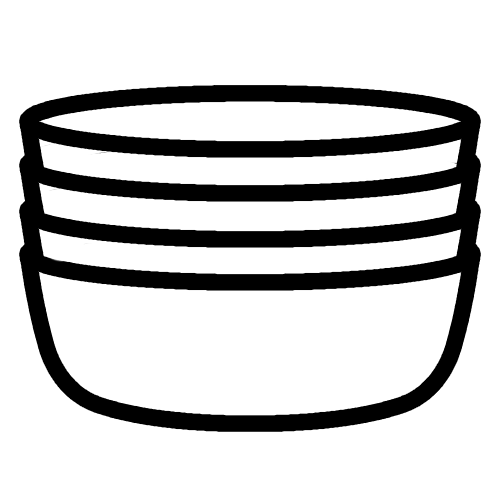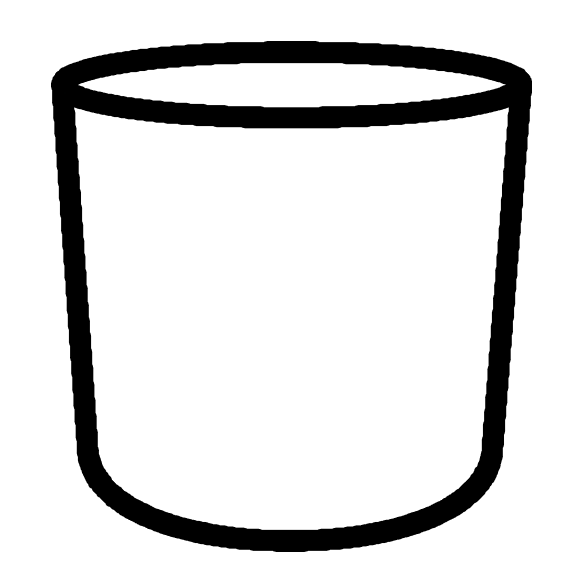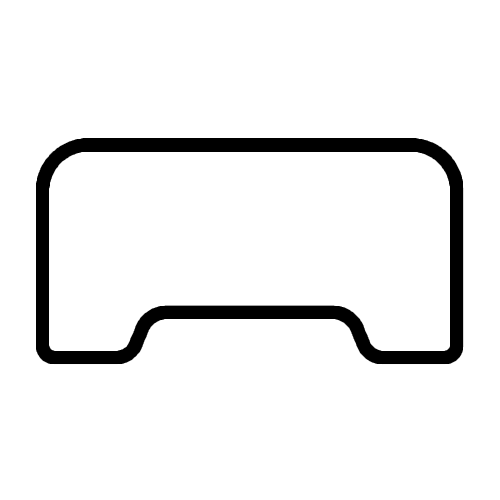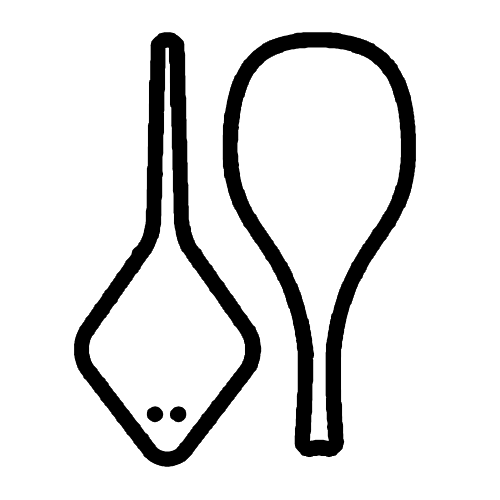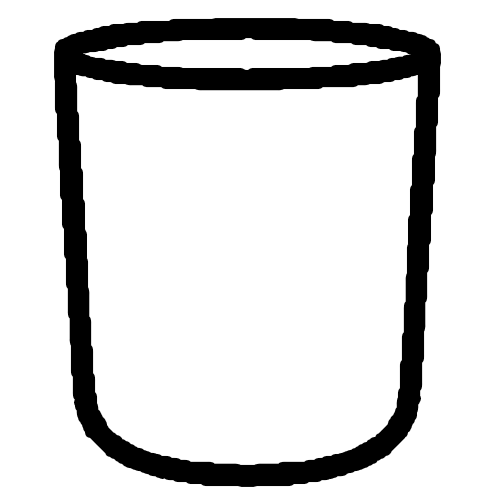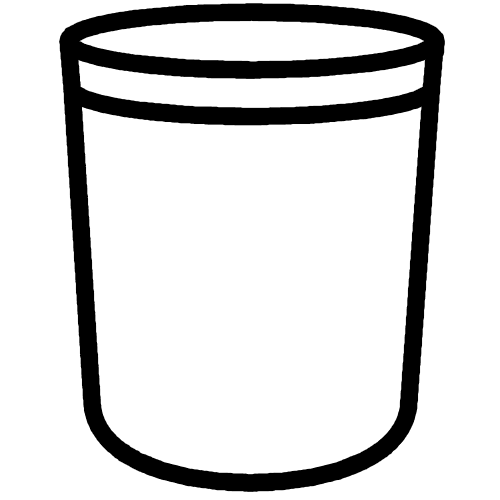Plastic is hard to escape. It’s in our groceries, cars, and smartphones. The reason isn’t hard to detect; plastic is flexible, inexpensive, long-lasting, and versatile. But is it good for us in the long-run, especially when there might be better alternatives? Bamboo is gaining traction as an alternative for a couple of reasons related to toxicity, durability, and others.
Bamboo vs. Traditional Plastic
It’s hard not to resist solid bamboo products. But, is bamboo a suitable alternative for plastic? We’re taking a look at how bamboo compares to traditional plastic.
Bamboo
Bamboo comes from organic bamboo fibers or is sourced from sustainable bamboo forests. Unlike other timber, bamboo is a self-regenerating natural resource. New shoots that emerge annually ensure future raw material after harvesting mature culms. It has been recorded that bamboo can grow up to one meter per day. It requires no fertilizer, pesticide, or herbicide. A true ecological miracle, this grass regenerates itself without damage to the plant or its environment.
Bamboo is a highly renewable, natural material with antibacterial, antifungal properties. Besides, it’s biodegradable.
Plastic
Crude oil is the principal source of synthetic plastics. Coal and natural gas are used in plastics manufacturing as well. By-products are petrol, paraffin, lubricating oils, and high-petroleum gases produced during crude oil refining. These gases are disassembled into monomers.
One concern often raised with plastic is the impact it can have on humans through the leaching of BPA and other chemicals, particularly with the use of drinking bottles. Human bodies absorb chemicals that are applied to plastics. Any of these leaching substances can have effects on your hormones.
Plastic can take up to 1000 years to biodegrade and is the world’s leading cause of mass pollution.
So while bamboo is not flawless, it offers a convenient alternative to traditional plastic.


FSC CERTIFIED BAMBOO
What is FSC?
Forest Stewardship Council is an independent, non-governmental, not-for-profit organization established to promote the responsible management of the world’s forests. The FSC label provides a credible link between responsible production and consumption of forest products.


About Biodegradability
According to the FTC Green Guidelines, the only thing that can be considered biodegradable is a material that disintegrates fully in nature by way of bacteria or other natural organisms within one year – like a banana peel. Therefore, our bamboo fiber products aren’t considered 100% biodegradable, but the portion of bamboo will biodegrade in 2-3 years. The remainder will decompose at a slower rate. If the product can’t be repurposed (as a small pencil or plant pot for instance) you should crush it up and put it in the regular trash where it will start the decomposition process.
However, we think it’s important to look at the product’s complete lifecycle – what occurs before, during, and after production. Our products are made with about 50% raw bamboo waste that we collect from local FSC-certified chopstick factories – a green, responsibly sourced waste product. Bamboo is a highly renewable natural resource that doesn’t require any fertilizers, pesticides, herbicides to thrive. Also, the techniques used for manufacturing our product consume little water and energy. Our products are made by thermopression (or heat); our machines are operated manually, then each product hand polished and packed. Finally, the A5 food-safe binding resin makes our products durable, reusable, and dishwasher safe; they are a real alternative to traditional plastic and single-use products.

